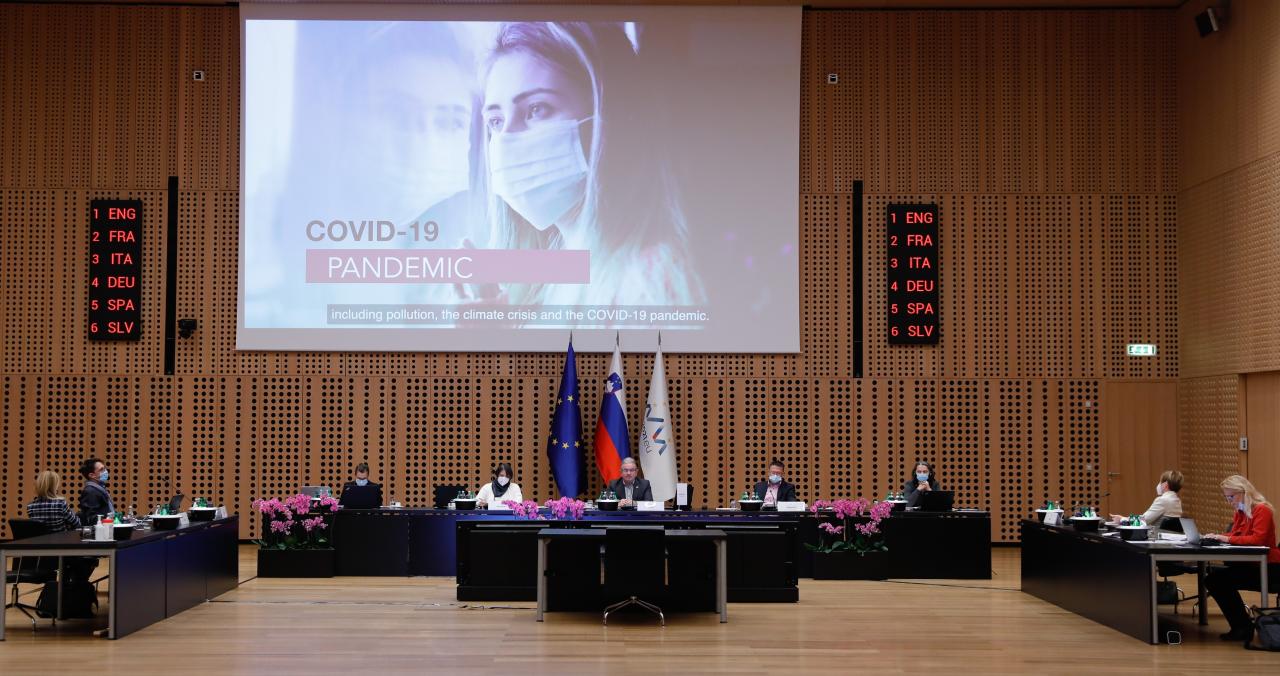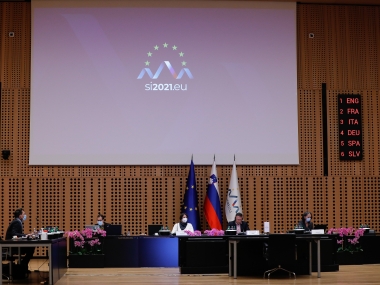 The Slovenian presidency of the Council of the European Union has delivered the Ljubljana Agreement as the latest update on implementation of the Urban Agenda for the EU, which started with the Pact of Amsterdam in 2016.
The Slovenian presidency of the Council of the European Union has delivered the Ljubljana Agreement as the latest update on implementation of the Urban Agenda for the EU, which started with the Pact of Amsterdam in 2016.
The Ljubljana Agreement renewed the commitment of Member States and other partners to implement the Urban Agenda for the EU, and maintains cooperation within thematic partnerships, as well as the focus on achieving better regulation, better funding, and better knowledge. It adds four new themes for multi-level cooperation, introduces some new features for the partnerships, and highlights the importance of small and medium-sized cities. The document also aims to strengthen cooperation in the field of territorial and urban development between different structures of informal cooperation between countries, the European Commission, and other partners.
Petra Očkerl, National URBACT Point for Slovenia, reports…
Towns and cities deliver place-based and citizen-centred responses
On 26 November 2021, at an informal meeting, EU ministers responsible for urban matters approved the Ljubljana Agreement.
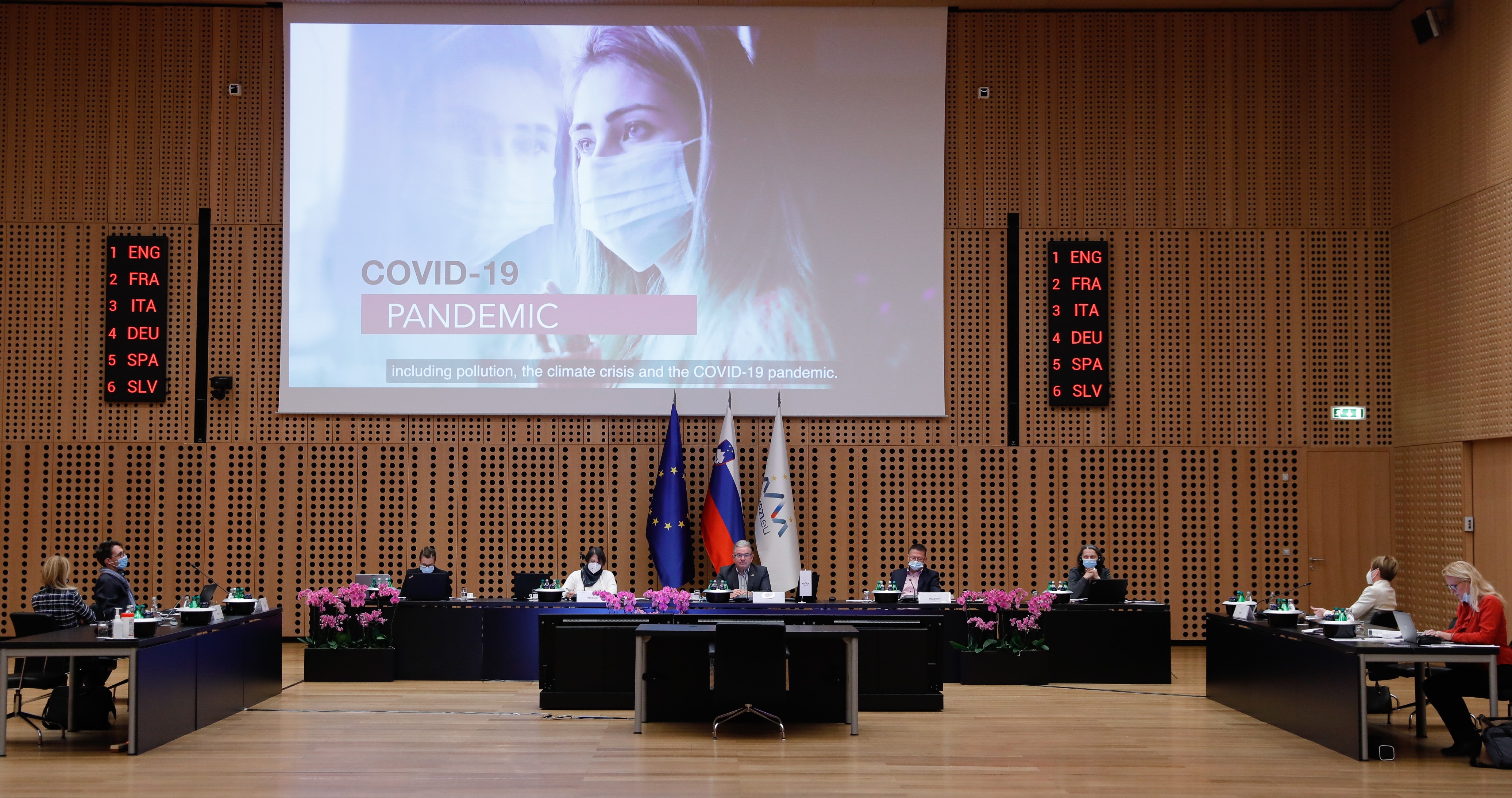
The Ljubljana Agreement has been drafted as the last of the documents of the Germany-Portugal-Slovenia presidency trio starting with the New Leipzig Charter. The agreement consists of two documents: the political commitment to further implement the Urban Agenda for the EU (UAEU) and a Multiannual Working Programme that defines the details of the agreed implementation.
The agreement acknowledges that complex and intertwined global challenges are being successfully tackled by towns and cities using place-based and citizen-centred responses. It also recognises that cities are making important steps to become just, green and productive in order to ensure improvement of the quality of life for all European citizens.
Among other EU programmes and initiatives, the agreement recognises the work and involvement of URBACT in the Urban Agenda for the EU process. The URBACT programme is also undeniably one of the main partners to support future implementation of the Urban Agenda for the EU with its principles strongly aligned with it.
Bringing small and medium-sized cities to the forefront
Drawing on local experience, it was one of the priorities of the Slovenian presidency to highlight the importance of small and medium-sized cities as well as cities facing challenges of deprived areas. As stated in the Ljubljana Agreement, it is in the “common interest of all citizens to bring infrastructure, accessible services and goods close to everyone”.
In terms of actions, the agreement stresses that small and medium-sized cities and towns should get as much support as possible to be better involved in Urban Agenda for the EU partnerships or other forms of cooperation, either directly or through national associations that represent local and regional governments.
Some of the measures to support involvement of small and medium-sized cities and towns in Urban Agenda for the EU partnerships are mentorships from first generation partners, motivational selection criteria and online meetings to boost accessibility.
The agreement also suggests that challenges faced by small and medium-sized cities and towns could be defined as one of the priority themes and addressed specifically by one of the future thematic partnerships.
Agreeing that a “balanced and competent representation of urban authorities of all sizes needs to be secured to account for the rich diversity of the urban and regional fabric in Europe”, the selection of partners representing urban authorities will now be based on an open call for expression of interest. Also, thematic partnerships work will from now on be supported by ex-ante assessment.
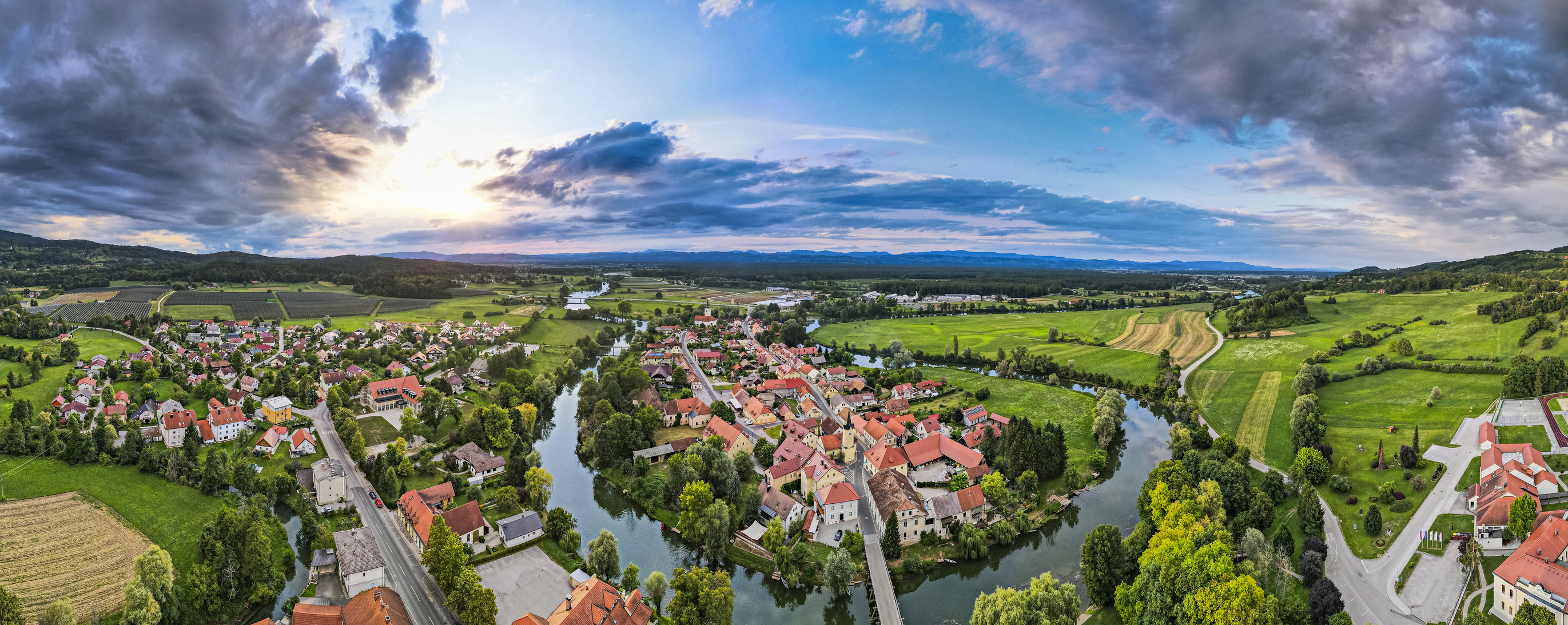
New themes for Urban Agenda multi-stakeholder cooperation
Renewing the commitment to support implementation of the Urban Agenda for the EU through thematic partnerships, the agreement also adds the following themes to the Urban Agenda priority list: cities of equality; food; greening cities; and sustainable tourism. Greening cities and Sustainable tourism will start forming in 2022.
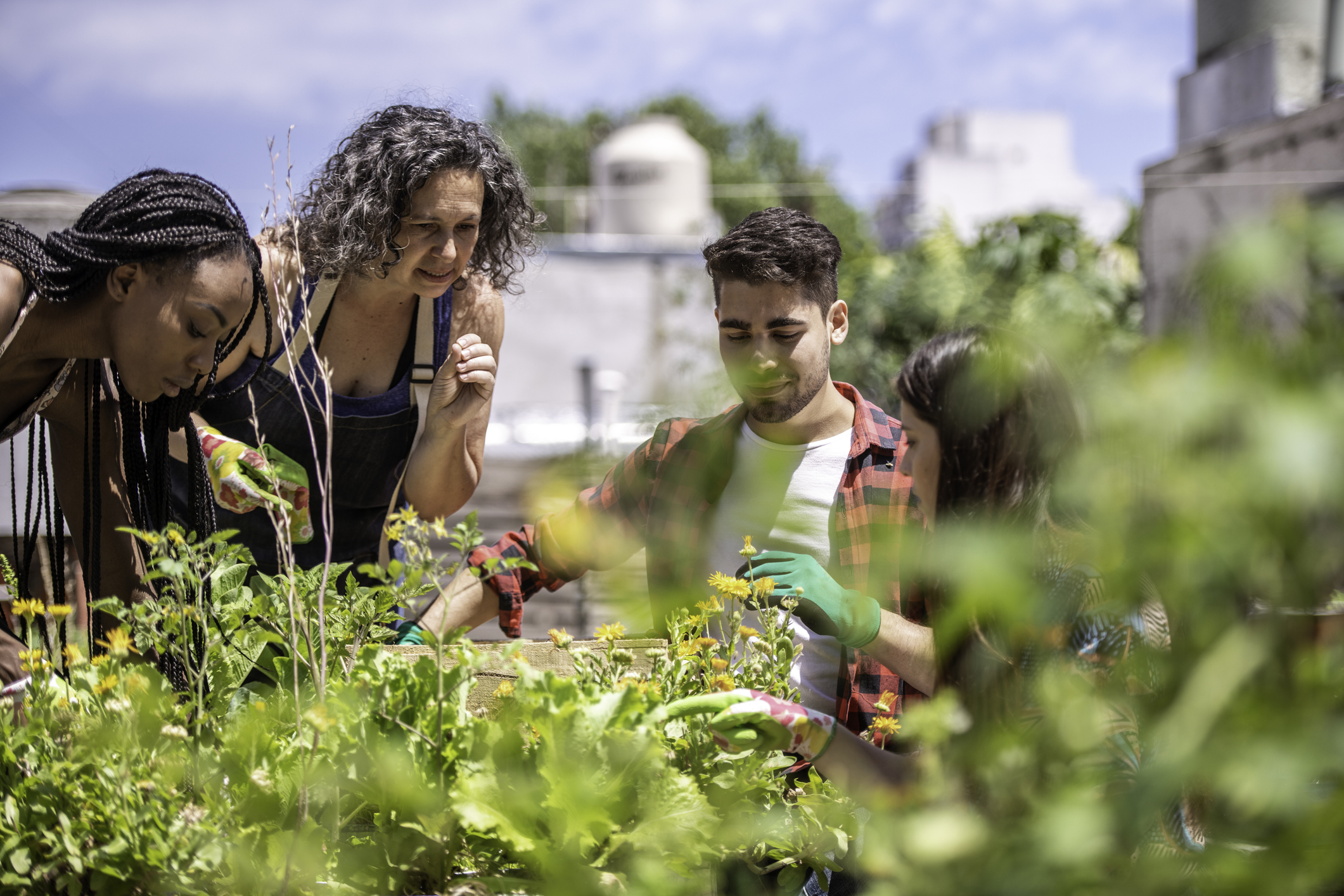 The priority theme Cities of Equality is suggested to address social inclusion as an important part of EU’s vision. The thematic partnership should address inequalities “based on characteristics such as gender, age, disability, sexual orientation and identity, ethnicity, migration status. The potential focuses of the partnership are education, labour market participation, service provision, safety, urban planning and design, including accessible and safe public spaces.”
The priority theme Cities of Equality is suggested to address social inclusion as an important part of EU’s vision. The thematic partnership should address inequalities “based on characteristics such as gender, age, disability, sexual orientation and identity, ethnicity, migration status. The potential focuses of the partnership are education, labour market participation, service provision, safety, urban planning and design, including accessible and safe public spaces.”
Food production, distribution and consumption are not only important economically, but have strong social and ecological dimensions as well. As stated in the UAEU working programme, “Cities are the centres of food distribution and consumption which makes local authorities the key actors in the food supply chain. Focus could be on food resilience and sustainability, fair and sustainable production, urban-rural linkages, local food supply chains, innovative procurement, health and quality food”.
Cities “face frequent flooding, drought, heatwaves, intense rain events and other climate-related hazards and are suffering increased air pollution, water scarcity and growing food insecurity”. Therefore, the Greening Cities partnership could focus on “urban forests and green space development; providing carbon storage and sequestration; reducing air pollution; purifying water; halting biodiversity loss; improving physical and mental health of citizens”.
Considering the tourist sector, many cities suffer from “adverse consequences to the quality of life”. The Sustainable Tourism partnership could focus on “challenges of unregulated and low-quality tourism, resilience and sustainability of tourism, impact on community and quality of life, housing, digitalisation of the sector and use of data, new demands related to the Covid-19 pandemic, and the revitalisation of city centres”.
What does it mean for the URBACT programme?
From the perspective of recent documents, such as the new Leipzig Charter, the Territorial Agenda, as well as this latest addition – the Ljubljana Agreement, the URBACT programme again proves to be at the forefront of urban policy. The programme has been addressing the challenges highlighted in the documents already in the previous programme period and has been adapting to new priorities along the way.
Most of the priority themes for the next generation of partnerships have been thoroughly discussed and researched by either URBACT networks or cross-cutting workstreams. We can therefore expect URBACT cities as well as the programme itself to play an important role in the new partnerships, from nominating partners to contributing knowledge and experience.
It is also important for URBACT that small and medium-sized cities and towns be put forward as a priority as the programme has been focusing its support on small and medium-sized cities and towns all along.
Further reading:
- Ljubljana Agreement(link is external) and Multiannual Working Programme for the Urban Agenda for the EU - the Next Generation
- URBACT’s latest work on Gender Equal Cities, food, and sustainable tourism
- URBACT contribution to the Leipzig Charter
The photos from the adoption of the Ljubljana Agreement are courtesy of the Slovenian Ministry of the Environment and Spatial Planning

